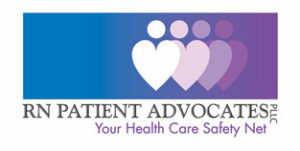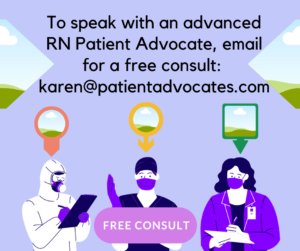Acid reflux? GERD?

Taking the little purple pill? More than 25% of Americans have this problem. Is there another answer?
 Mark Hyman, MD, (drhyman.com) a leading clinician in Functional Medicine recently addressed this issue. 44% of Americans have heartburn at least once a month. The acid-blocking medications – Prevacid, Prilosec, Nexium – are the third most commonly prescribed medications! Reflux causes many problems and so we need to ask “WHY”. Why do you have reflux?
Mark Hyman, MD, (drhyman.com) a leading clinician in Functional Medicine recently addressed this issue. 44% of Americans have heartburn at least once a month. The acid-blocking medications – Prevacid, Prilosec, Nexium – are the third most commonly prescribed medications! Reflux causes many problems and so we need to ask “WHY”. Why do you have reflux?
Some common triggers:
- Fried or spicy foods
- Citrus or tomato-based foods
- Processed foods
- Alcohol or caffeine
- Smoking

What else might be the cause of your discomfort?
- Eating right before bed or eating with a stomach that is already full
- Being overweight and having a big belly – this pushes your stomach up
 Chronic stress – this affects the nerves in your stomach making digestion very difficult – Relax when you eat! Breathe!
Chronic stress – this affects the nerves in your stomach making digestion very difficult – Relax when you eat! Breathe!
- Low magnesium – this can be caused both by stress as well as the acid-blocking medications; magnesium relaxes the muscles that let the food pass out of the stomach; when the magnesium is low, that function is impaired
- Food sensitivities such as dairy or gluten – are so often unrecognized culprits in gastric conditions
- Bad bacteria or yeast growing in your stomach: this might be the result of taking hormones or antibiotics, eating lots of sugar and processed foods (taking probiotics can reverse this problem)
- H. Pylori – if there is too much of this bacteria in your stomach, this can cause reflux as well (a simple breath test can diagnose this problem)
How can we correct this acid reflux?
Taking the acid blockers provides only symptomatic relief, but does not solve the problem. They can increase your risk of pneumonia, cause bloating, and lead to more bad bacteria in your stomach. They block your absorption of certain nutrients as well – such as vitamin B12, zinc, and magnesium. Low B12 levels can cause depression and memory problems. Long-term use of these medications can lead to osteoporosis.
You need some acid in your stomach to digest your food!
Simple steps to correct the problem:
- Correct your diet – cut out sugars and processed foods, fried foods and citrus or tomato foods
- Get rid of possible food allergens like dairy and/or gluten (have a short trial period to see if this is a problem for you)
- Try a short period with triggers like alcohol, smoking, caffeine
- Eat earlier – don’t eat 3 hours before bed
- Reduce stress when you eat – take five deep breaths – hold your breath to the count of five before exhaling
- Try certain supplements:
Deglycerized licorice (DGL) – coats the stomach, reduces reflux
Probiotics like Acidophyllus and Bifidobacteria
Digestive enzymes actually help you digest your food so you can absorb all the nutrients (as we age, the decreased amount of acid in our stomachs can lead to reduced nutrient uptake)
Magnesium (as dimagnesium malate)
Get tested: Ask your physician to test you for H. Pylori, gluten, and dairy sensitivity

 Chronic stress – this affects the nerves in your stomach making digestion very difficult – Relax when you eat! Breathe!
Chronic stress – this affects the nerves in your stomach making digestion very difficult – Relax when you eat! Breathe!

Recent Comments